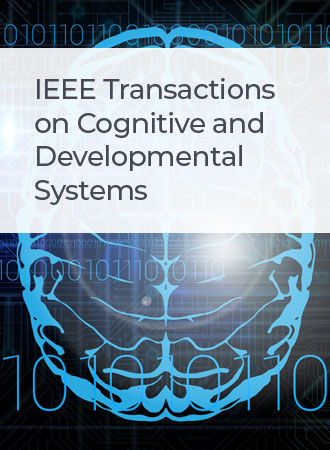基于多维认知和博弈论的衍生话题传播模型
IF 4.9
3区 计算机科学
Q1 COMPUTER SCIENCE, ARTIFICIAL INTELLIGENCE
IEEE Transactions on Cognitive and Developmental Systems
Pub Date : 2024-07-22
DOI:10.1109/TCDS.2024.3432337
引用次数: 0
摘要
鉴于社交网络中情感内容比理性内容传播更为广泛,以及用户认知和衍生话题互动的复杂性,本文提出了一种多维认知与博弈论相结合的衍生话题传播模型。首先,关于挖掘话题时用户情绪反应的问题。在本文中,我们通过会话级情感分析和社交网络的接近中心性,将用户行为视为连续对话,从而量化用户之间的情感影响。其次,考虑到用户行为受到多维认知的影响,本文提出了基于S(感性)R(理性)2vec的方法来模拟用户决策过程中感性与理性的辩证关系。最后,考虑衍生话题之间的合作与竞争关系,运用进化博弈论分析话题生命周期,并通过时间离散化方法量化其对用户行为的影响。因此,我们提出了一种结合BP神经网络的cg -反向传播(BP)模型来有效地模拟用户行为的非线性关系。实验表明,该模型既能有效挖掘多维认知对用户转发行为的影响,又能有效感知衍生话题的传播动态。本文章由计算机程序翻译,如有差异,请以英文原文为准。
A Derivative Topic Propagation Model Based on Multidimensional Cognition and Game Theory
Given that emotional content spreads more widely than rational content in social networks, as well as the complexity of user cognition and the interaction of derivative topics, this article proposes a derivative topic dissemination model that integrates multidimensional cognition and game theory. First, regarding the issue of user emotional reactions in mining topics. In this article, we quantify the affective influence among users by considering user behaviors as continuous conversations through conversation-level sentiment analysis and the proximity centrality of social networks. Second, considering that user behavior is influenced by multidimensional cognition, this article proposes a method based on S(Sensibility) R(Rationality) 2vec to simulate the dialectical relationship between sensibility and rationality in the user decision-making process. Finally, considering the cooperative and competitive relationship among derived topics, this article uses evolutionary game theory to analyze the topic life cycle and quantify its impact on user behavior by time discretization method. Accordingly, we propose a CG-back-propagation (BP) model incorporating a BP neural network to efficiently simulate the nonlinear relationship of user behavior. Experiments show that the model can not only effectively tap the influence of multidimensional cognition on users’ retweeting behavior, but also effectively perceive the propagation dynamics of derived topics.
求助全文
通过发布文献求助,成功后即可免费获取论文全文。
去求助
来源期刊

IEEE Transactions on Cognitive and Developmental Systems
Computer Science-Software
CiteScore
7.20
自引率
10.00%
发文量
170
期刊介绍:
The IEEE Transactions on Cognitive and Developmental Systems (TCDS) focuses on advances in the study of development and cognition in natural (humans, animals) and artificial (robots, agents) systems. It welcomes contributions from multiple related disciplines including cognitive systems, cognitive robotics, developmental and epigenetic robotics, autonomous and evolutionary robotics, social structures, multi-agent and artificial life systems, computational neuroscience, and developmental psychology. Articles on theoretical, computational, application-oriented, and experimental studies as well as reviews in these areas are considered.
 求助内容:
求助内容: 应助结果提醒方式:
应助结果提醒方式:


